Khabar Khair (Only Good News) – Abdul Jalil Al-Salami
International experts specialized in providing solutions to raise the capabilities of ports recommended a rapid intervention to rebuild the necessary infrastructure for the ports of Aden and Mukalla, to support the continuation of their work in a better way, and to ensure that vital commercial and humanitarian supplies reach Yemenis.
They stressed that maintaining the current port operations and restoring their operations to pre-conflict conditions needs an investment package at a cost of 49 million and 590 thousand dollars, including 21 million and 560 thousand dollars for the port of Aden, and 28 million and 30 thousand dollars for the port of Mukalla.
The United Nations Development Program had brought experts to Yemen from the port of Rotterdam and Solid-State Solutions – the largest port in Europe – to conduct damage and capacity assessments at the ports of Aden and Mukalla, with financial support from the Netherlands Agency for Enterprise.
Last April, the United Nations Development Program in Yemen released the results of the report “Damage and Capacity Assessment: Port of Aden and Port of Mukalla”, which identified urgent capacities and port infrastructure needs. The assessment provided recommendations that will be critical to achieving future investments.
The report offered agreed and achievable solutions to a variety of issues that were discovered, stressing that the timing of port restorations is more important than ever.
Damaged by the ongoing conflict, the former port infrastructure now lacks the basics that would facilitate its operation, from docks, trucks and cranes to communications equipment.
The most important issues that were behind the decline in the capacities of the ports of Aden and Mukalla, were the lack of maintenance and resources, the lack of comprehensive strategic plans, the restriction of access to critical equipment, infrastructure and spare parts, and the limited preventive and corrective maintenance.
Issues that limited the port’s efficiency also included a lack of training and capacity building for staff, and insurance premiums against high war risks that were transferred directly to the cost of food.
The United Nations Development Program confirmed that the results of the assessment of the damage and capabilities of the ports of Aden and Mukalla matched the results of a similar assessment conducted by organizations in 2019 in the ports of Hodeidah, Salif and Ras Issa in northern Yemen.
The report indicated that through financial support and capacity development support, the solutions will allow ports to restore the rapid and efficient productivity of the past years.
The report also indicated that the rehabilitation of Yemeni ports makes them safer, more efficient, and less costly to do business, in addition to the fact that commercial companies wishing to do business in Yemen will increase.
The report pointed out that restoring port capabilities will reshape the dynamics of Yemen’s future.The United Nations Development Program confirmed that it will work with the Yemeni port authorities to improve conditions for workers, increase the delivery of food, fuel and medicine, and transfer savings to Yemenis.
The assessment is the result of a unique partnership between UNDP, the Kingdom of the Netherlands via the Netherlands Enterprise Agency, and the Port of Rotterdam to support port authorities to set short, medium, and long-term priorities that will help reduce the cost of doing business in Yemen.
Auk Lutsma, the Resident Representative of the United Nations Development Programme (UNDP)in Yemen, said: With the help of the United Nations Development Program and the international community to invest in ports and maintain their infrastructure, the cost of food coming into the country will be reduced and food will be affordable for Yemenis.
With increased investment in training and capacity, Yemeni ports can better manage an increasing number of ships, enabling all Yemenis to access essential commodities, and prioritizing peacebuilding to ensure a brighter future for all Yemenis.
The ports of Aden and Mukalla represent the vital, indispensable, and essential infrastructure for commercial and humanitarian activities in Yemen, particularly in relation to the overall food supply chain.
In 2020, the total Yemeni food imports through the Red Sea ports of Hodeidah and Saleef accounted for 60 percent of the total food imports, followed by the ports of Aden 36 percent, and Mukalla 3 percent.

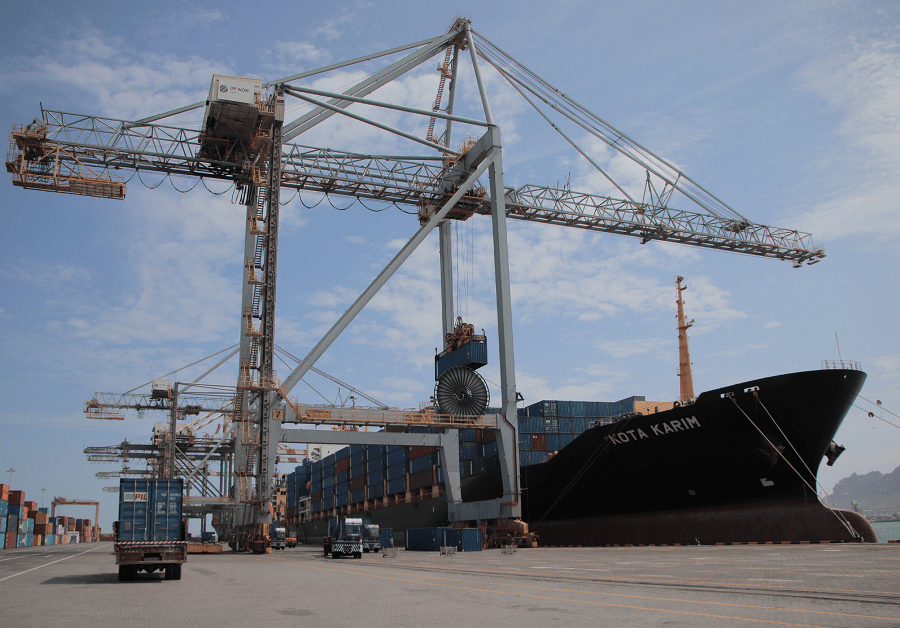

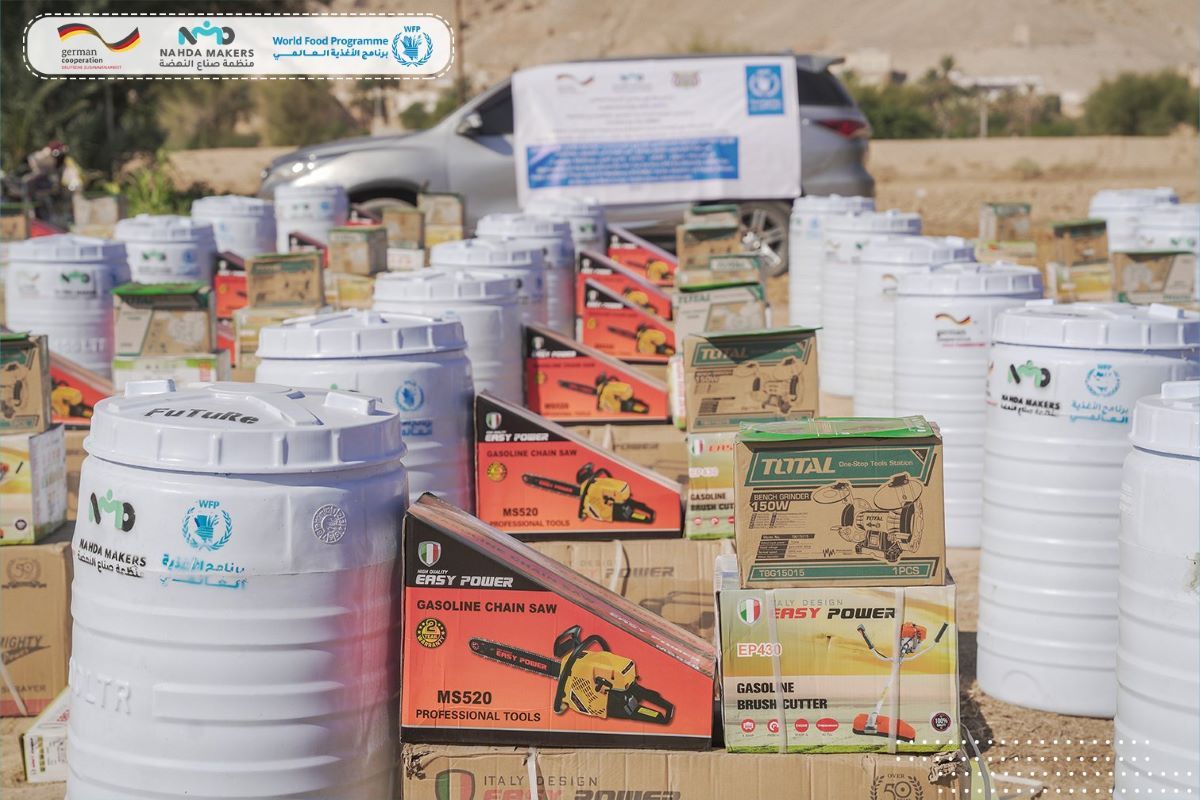
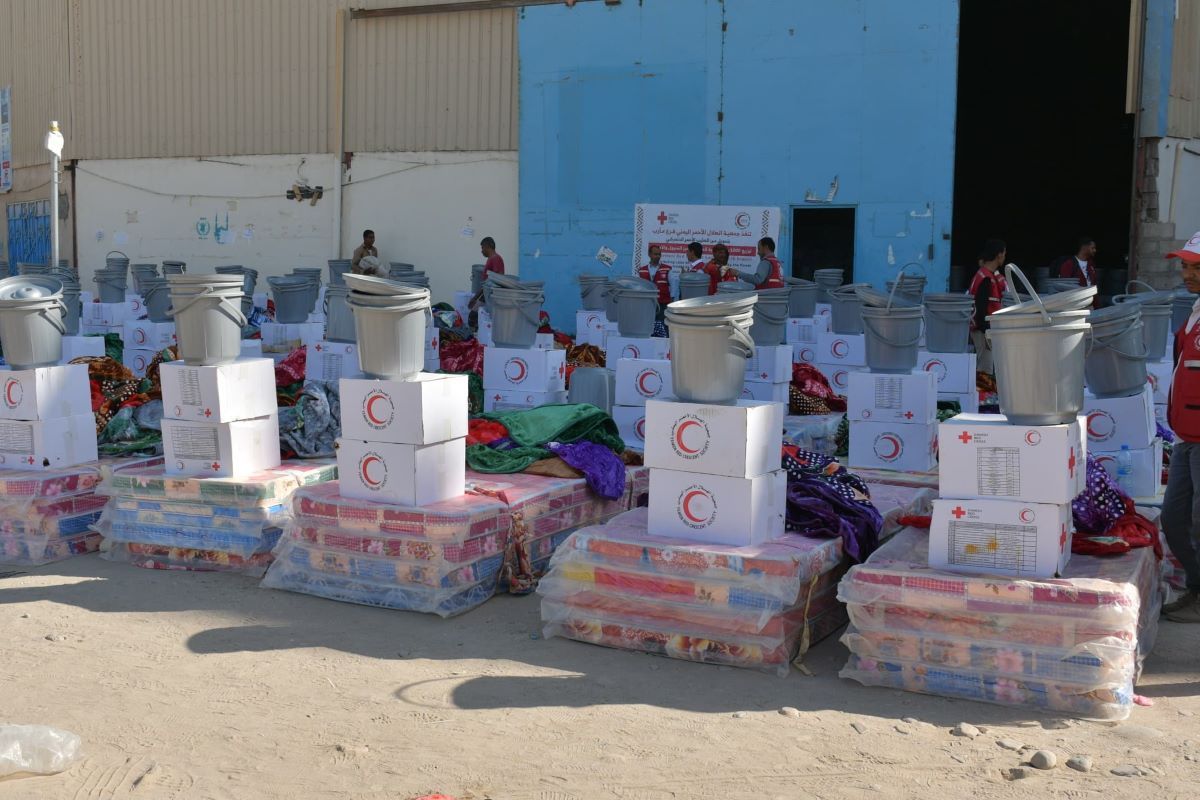

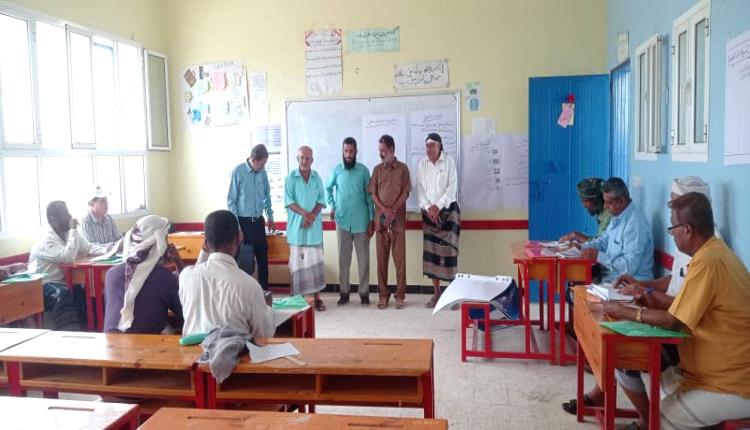




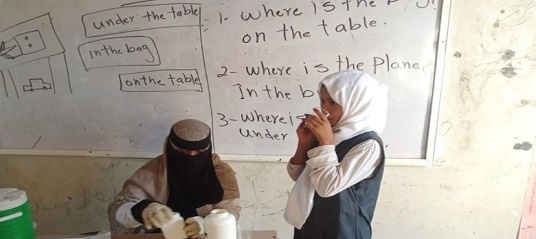
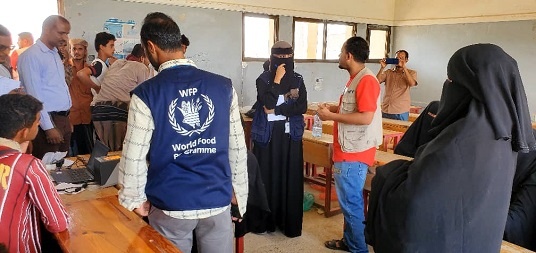
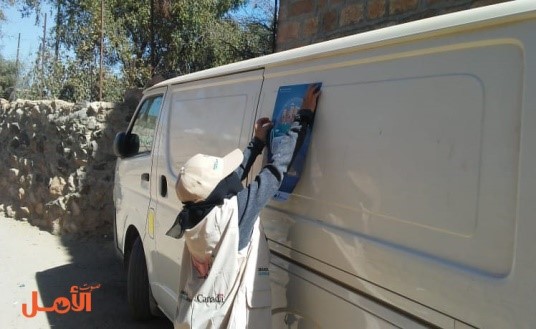
LEAVE A COMMENT